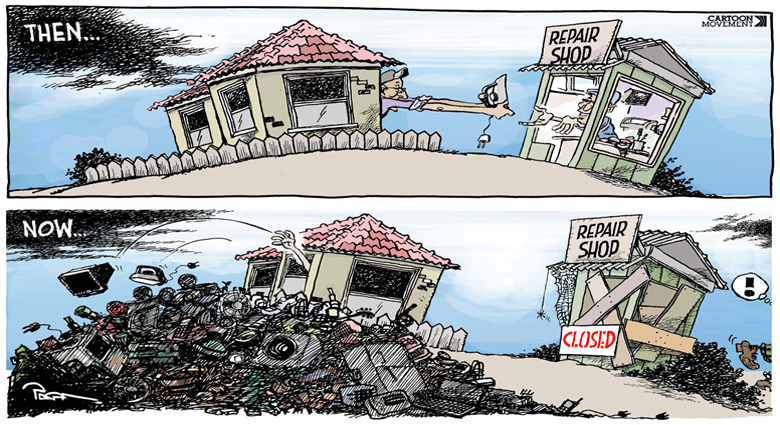While most executives believe the vast majority of employees are on board with their company's culture, what if their squeaky wheels are actually the ones telling the truth?
"Before replacing the squeaky wheels consider why the wheels are making noise." - @ChesterElton
Case in point: A mid-level executive at Goldman Sachs recently quit his job and made his concerns about the company’s culture shift very public—in an Op-Ed piece in the New York Times . Former 12-year-staffer Greg Smith called the company’s culture “as toxic and destructive as I’ve ever seen it.”
Goldman Sachs subsequently lost $2.15 billion in market value, equating to a whopping $1.675 million per editorial word.
Don’t think culture matters?
Greg Smith’s manifesto rang true for many in the corporate world. Too many employees have lost belief in their leaders and company direction during the protracted recession—and like Smith, many are wondering if their company is fixated on short-term profit versus “always doing right by our clients.”
As a manager, it’s high time to consider if your culture has lost its way. Below we offer just a few simple steps for all leaders, including those at Goldman Sachs:
Don’t crap on the data. Perhaps Smith is just one disgruntled employee in London, but maybe he’s not. Go back to your employee survey results, conduct probing interviews with your people, ask yourself, “Is there anything we missed?” Leaders, like all human beings, have a natural tendency to filter out information that does not match up with their preconceived notions—psychologists call this the confirmation bias . The brain is wired to feel right, not necessarily be right. This leads many of us to genuinely think that our culture is just fine when we should be open-minded about our limitations.
"The best cultures are places of truth, constant communication and of marked transparency." - @ChesterElton
Listen to the squeaky wheels:If a leader truly wants to read the bubbles over their people’s heads, the simple solution is this: Instead of getting rid of squeaky wheels, consider why these wheels are making noise in the first place. It’s possible that the squeaky ones are simply brave enough to share the problems that others are feeling. And yet in too many cultures, employees get promoted by towing the corporate line.
Share everything. Why didn’t Smith feel it was safe to air his dirty laundry within the walls of Goldman Sachs? Do others feel the same way? The best cultures are places of truth, of constant communication, and of marked transparency. Managers in these cultures share even the hard truths with their employees as soon as they can, and in turn they encourage debate from their employees even if it rattles harmony.
The bottom line: If your culture is clear, positive, and open, then your people will buy into your ideas and cause and, most importantly, will believe what they do matters and that they can make a difference.
When a culture works, then everything works better.





.png)




What Did You Think?